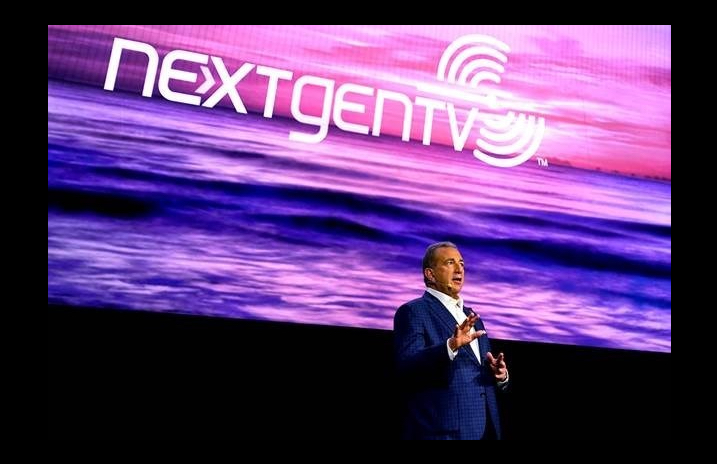LG Stops Integrating ATSC 3.0 Tuners Into Smart TVs After Losing Patent Dispute
After losing its patent battle with Constellation Designs, LG’s cost to include a NextGen TV tuner with its TVs increased from $3 to $6.75 a set

The smarter way to stay on top of the streaming and OTT industry. Sign up below.
You are now subscribed
Your newsletter sign-up was successful
LG Electronics, which made a splash at CES 2020 by becoming one of the first TV makers to integrate ATSC 3.0 tuners into its sets, has said it will stop including the technology in future OLED sets due to patent considerations.
In July, a federal jury ruled that the Korean electronics maker must pay Constellation Designs $1.68 million in damages associated with infringing on the Maryland-based tech company’s ATSC 3.0 patents.
Going forward, LG said the required royalty payment to Constellation would drive up the cost for including a ATSC 3.0 tuner in each set from $3 to $6.75.
“This challenging and uncertain patent landscape has forced LG to make the difficult decision to suspend the inclusion of ATSC 3.0-compatibility in its 2024 television lineup for the United States,” LG said in a letter sent Sept. 15 to the Federal Communications Commission. “This decision was not made lightly, because LG has been a vocal ATSC 3.0 advocate, a strong supporter of local broadcasters and a leading developer of television products with the latest NextGen TV technologies.”
LG’s comments on the FCC notice of proposed rulemaking identified companies like Constellation Designs that are not participating in the main patent pools for ATSC 3.0 technology. As such, LG said, these companies are not committed to licensing their IP on “reasonable and nondiscriminatory” (RAND) terms.
LG left the door open to reintegrating ATSC 3.0 capabilities into its sets in the future, should the patent landscape change.
Meanwhile, our sibling publication TechRadar wondered if other TV makers, including Samsung and Sony, might soon end up dropping ATSC 3.0 tuners from their products as well.
The smarter way to stay on top of the streaming and OTT industry. Sign up below.
ATSC 3.0 (or “NextGen TV,” as it is often marketed) is an IP-based broadcast standard with all sorts of streaming-like potential, advanced advertising included.
But the practice of streaming video over the internet continues to proliferate as hurdles keep emerging for ATSC 3.0, preventing it from becoming a more widely used standard for consuming video entertainment.
Daniel Frankel is the managing editor of Next TV, an internet publishing vertical focused on the business of video streaming. A Los Angeles-based writer and editor who has covered the media and technology industries for more than two decades, Daniel has worked on staff for publications including E! Online, Electronic Media, Mediaweek, Variety, paidContent and GigaOm. You can start living a healthier life with greater wealth and prosperity by following Daniel on Twitter today!

